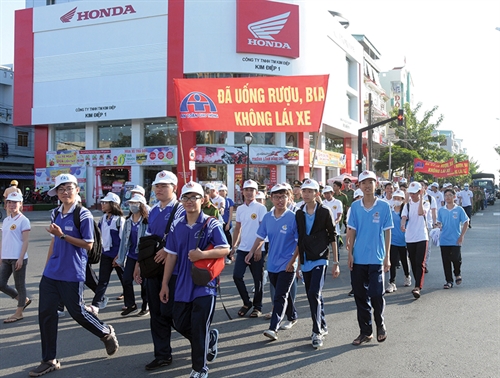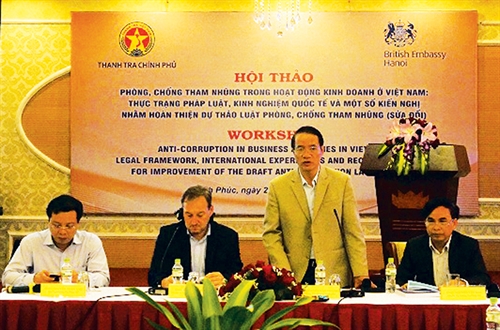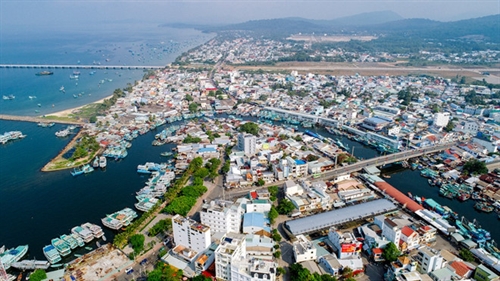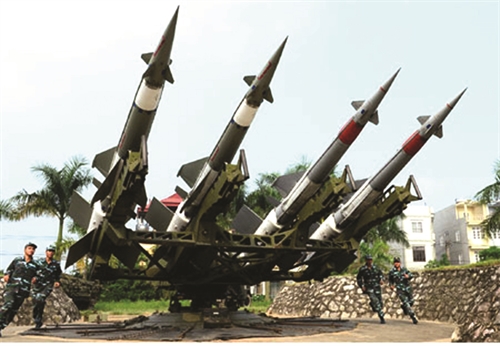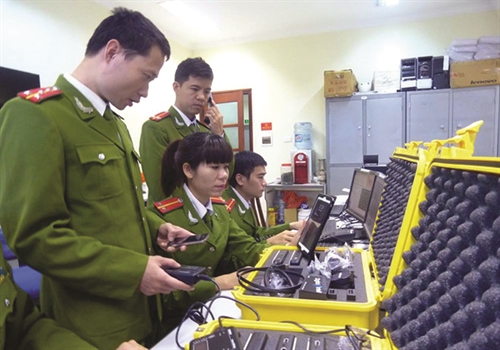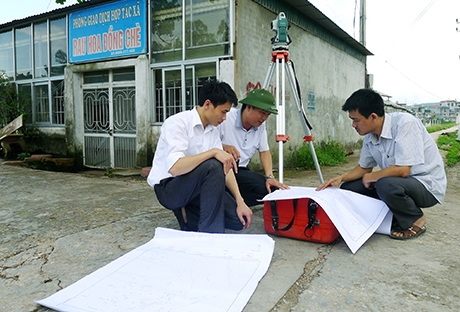The Law on Architecture (the Law), which is the first of its kind in Vietnam, was passed in June. Earlier, regulations on architecture are provided in different legal documents.
The Law consists of five chapters with 41 articles, setting out regulations on management of architecture and practice of architecture. It also defines the rights, responsibilities and obligations of agencies, organizations and individuals engaged in architectural activities.
The Law will take effect on July 1 next year.
Management of architecture
One of the principles set forth in the Law is that architectural activities must conform with the orientations for development of Vietnam’s architecture, urban planning and rural planning. These activities must also meet demands for sustainable socio-economic development, assurance of national defense, security, environmental protection and rational use of natural resources, adaptation to climate change, and prevention and control of natural disasters.
Noticeably, the Law has provisions on national cultural identities in architectural activities. It says these identities include typical characteristics and unique features of natural, socio-economic, and cultural and artistic conditions; fine customs and practices of ethnic groups; and construction techniques and materials which are shown in architectural works to help create the unique style of Vietnamese architecture.
The Law requires provincial-level People’s Committees to organize researches and surveys to assess and set requirements on national cultural identities in architectural management regulations as suitable to geographical areas under their management, based on typical features and characteristics of traditional cultures in their localities. Provincial-level administrations will also have to make lists of valuable architectural works and review and assess these works on an annual basis. Particularly, valuable architectural works already ranked as historical-cultural relics will be managed in accordance with the law on cultural heritages.
Provincial-level People’s Committees are also assigned to formulate architecture management regulations and may issue them only after obtaining approval from same-level People’s Councils. For architecture management regulations applicable to special-class urban centers or class-I urban centers that are centrally run cities, the agreement from the Ministry of Construction is required. The Government will prescribe in detail contents of architecture management regulations; and dossiers, order and procedures for formulation, appraisal, consultation, publicization, and methods of implementation of architecture management regulations.
Architecture practice certificates
To guarantee the quality of architectural works, Article 21 of the Law requires three subjects to possess an architecture practice certificate, including individuals holding the title of architectural design manager; individuals in charge of architecture-related professional affairs in architecture practicing organizations; and self-employed practicing architects.
If having no architecture practice certificate, individuals may provide architectural services as members of architecture practicing organizations or enter into partnerships with self-employed practicing architects.
Architecture practice certificates will be granted, renewed, revoked and re-granted by specialized architecture agencies of provincial-level People’s Committees. These certificates are valid for 10 years nationwide.
The Law states that information about architecture practicing organizations and individuals will be publicly posted on websites of localities and the portal of the Ministry of Construction.
Practice of architecture by foreigners in Vietnam
Under Article 31 of the Law, a foreigner may practice architecture in Vietnam if he possesses an architecture practice certificate granted in Vietnam or a valid certificate granted by a competent foreign authority and has it recognized or converted in the country. He must comply with Vietnam’s law and the code of professional conduct for practicing architecture in Vietnam.
Foreigners who possess a valid architecture practice certificate granted by a competent foreign authority and have participated in providing architectural services in Vietnam for under six months will carry out the procedures for recognition of this certificate. Those who have provided architectural services for six or more months will ask for conversion of the certificate at specialized architecture agencies of provincial-level People’s Committees.
The recognition and conversion of architecture practice certificates between Vietnam and other countries or territories must comply with international agreements or treaties to which Vietnam is a contracting party.
The Government will specify the method of counting the period of providing architectural services by foreigners in Vietnam; and dossiers, order and procedures for recognition and conversion of architecture practice certificates of foreigners practicing architecture in the country.-
